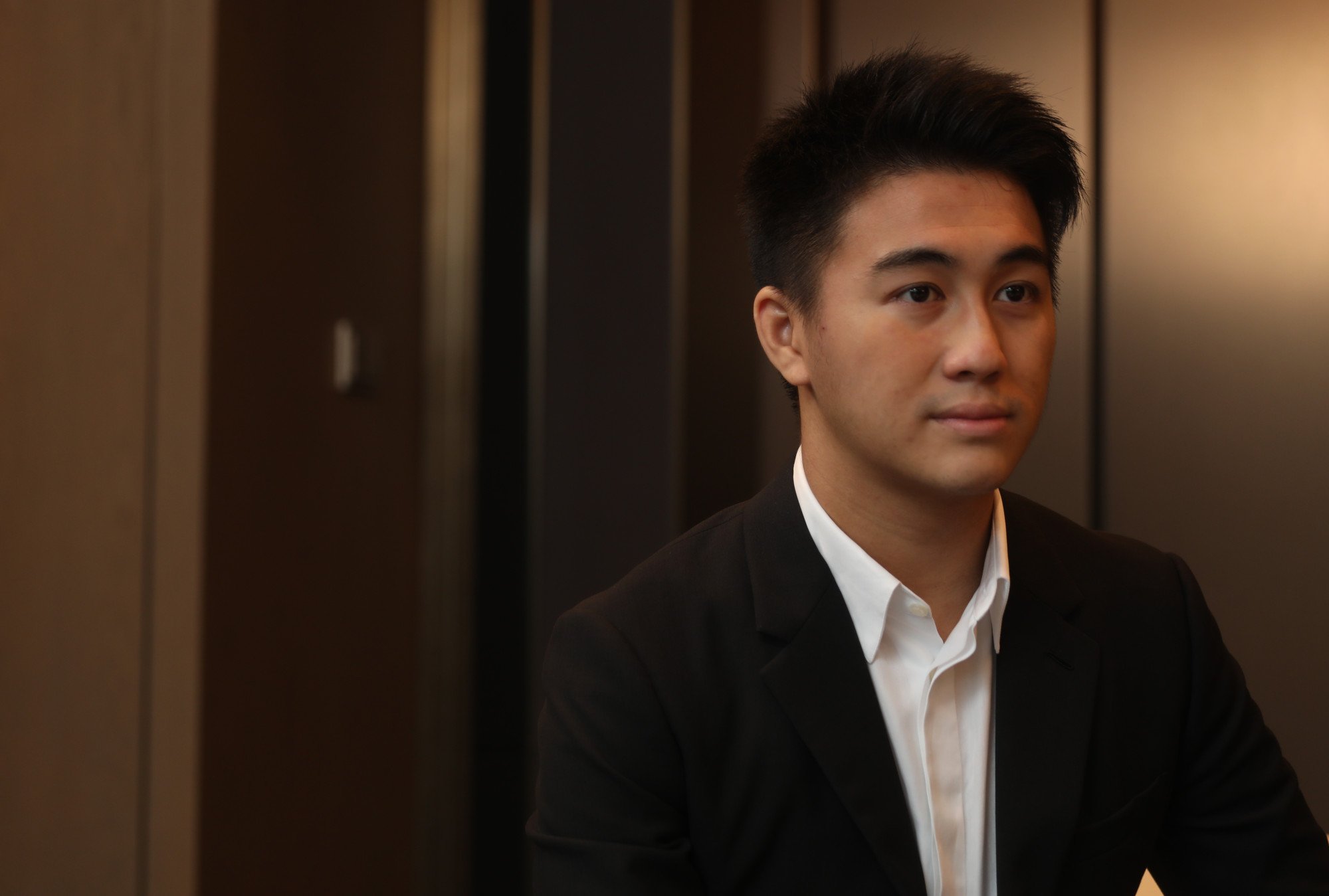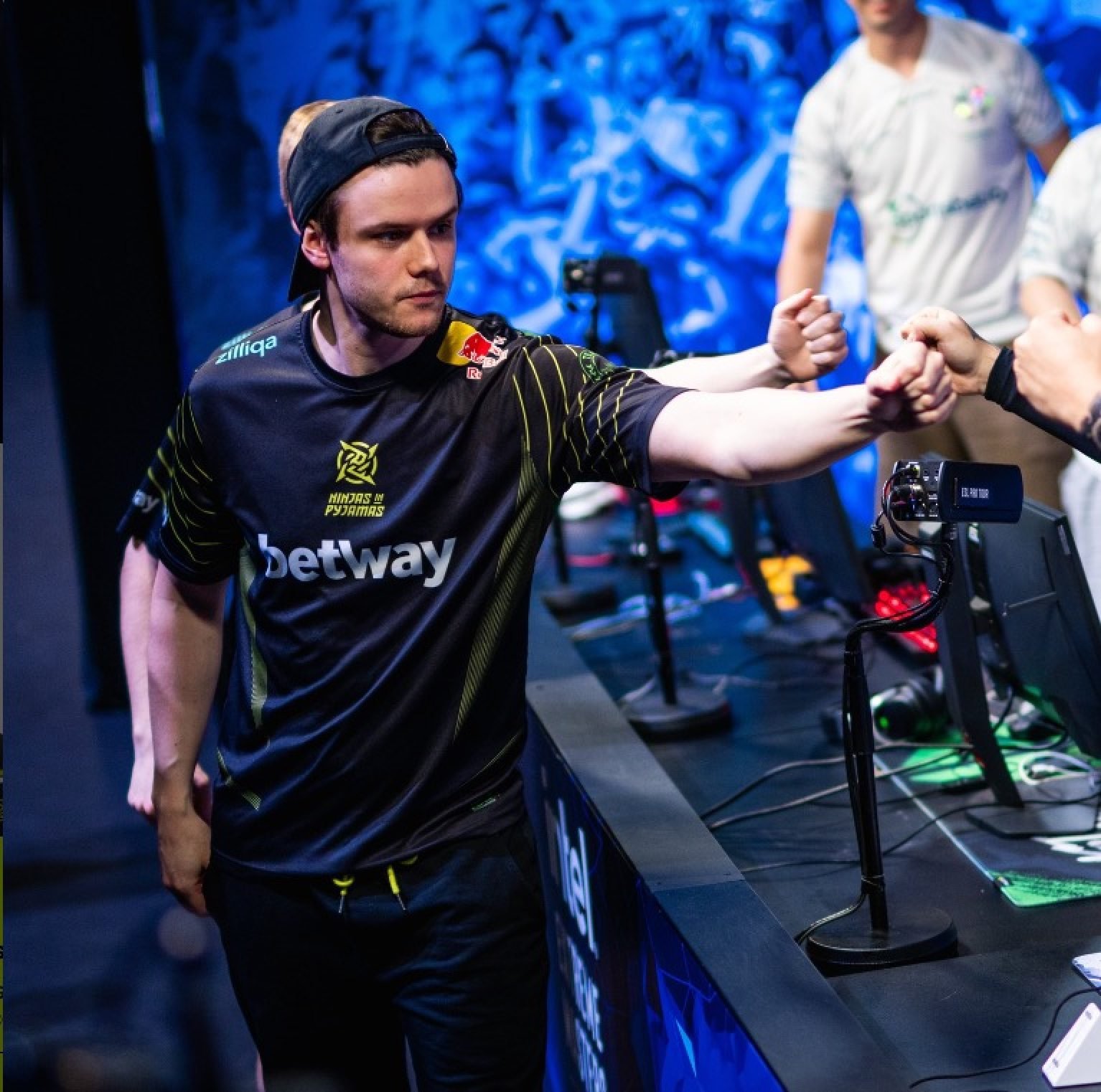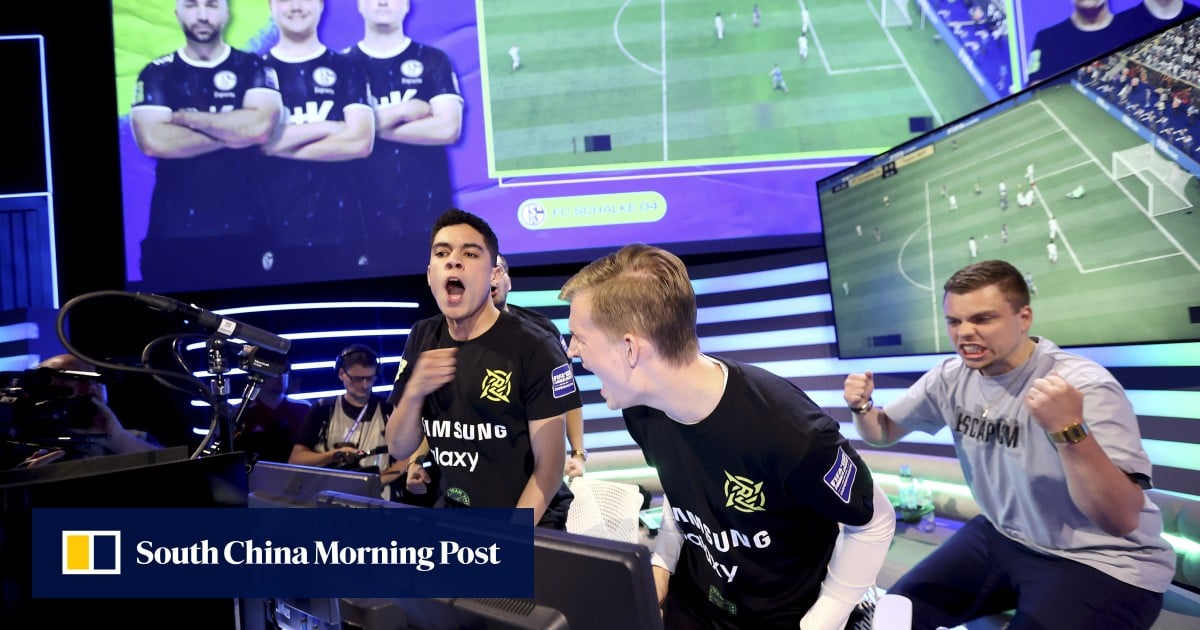The company – in which co-founder, chairman and co-chief executive Ho holds a 14.2 per cent stake – has filed for an IPO on the Nasdaq Stock Exchange, according to a filing on Wednesday with the US Securities and Exchange Commission. Once its IPO is completed, NIP would become the first listed Chinese company in the esports industry.
“Today, growing esports into a generational audience worldwide is what we are busy doing,” Ho and co-founder and co-chief executive Hicham Chahine said in a letter, addressed to potential investors, attached to the group’s prospectus. “Esports have the power to change the world, and we at NIP Group have a responsibility to continue to develop the industry in a sustainable way.”

While the group’s US filing did not disclose the amount of money it intends to raise, a documents released in May by the China Securities Regulatory Commission showed that the company plans to issue no more than 26.9 million common shares on the Nasdaq.
NIP intends to use the net proceeds from its US listing for working capital, expanding the presence of its esports teams, marketing and growing their fan base, potential strategic acquisition and investment opportunities, according to its prospectus.
The group’s listing plan reflects the growing popularity of esports around the world, as well as its vast commercial opportunities.
The market size of the global esports industry is expected to reach US$102.4 billion in 2027, up from US$57.9 billion in 2022, according to a Frost & Sullivan report cited in NIP’s prospectus. NIP was described by the report as “a leading esports organisation” with the most expansive global footprint on the back of operations across Asia, Europe and South America.

While it recorded a net revenue of US$83.7 million last year, up from US$65.8 million in 2022, NIP is still a loss-making enterprise. Net loss last year widened to US$13.3 million, compared with US$6.3 million in 2022. The company’s prospectus said that loss reflected the “substantial investments we made to grow our business”.
Also in 2023, revenue in China’s esports sector fell 1.3 per cent year on year to 26.4 billion yuan (US$3.6 billion). That was mainly attributed to a decline in esports live-streaming revenue, which accounts for the largest proportion of the domestic market, according to a report by the Esports Working Committee, a semi-official agency set up to oversee the domestic industry.
In January 2023, NIP completed what it touted as “the largest merger in the history of the esports industry”, according to its prospectus. The group combined Swedish esports brand Ninjas in Pyjamas with ESV5, one of the largest digital sports groups in China.


